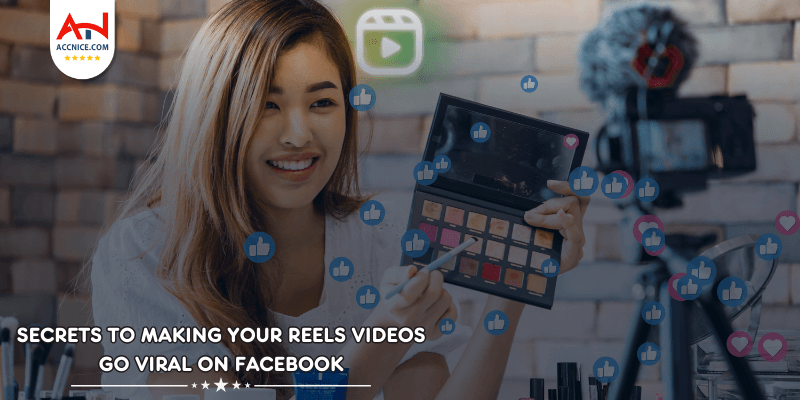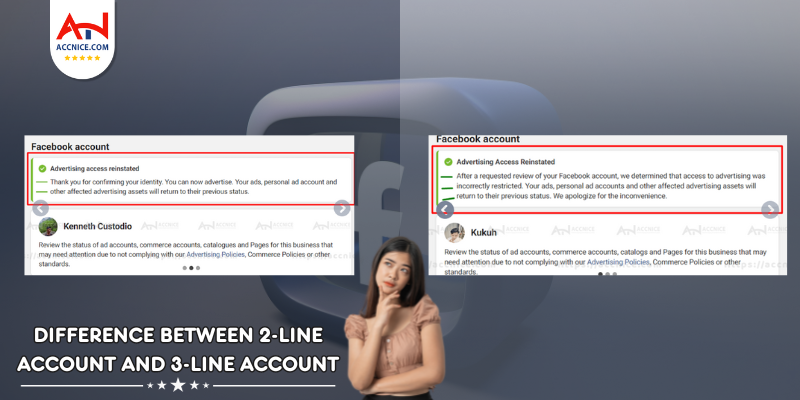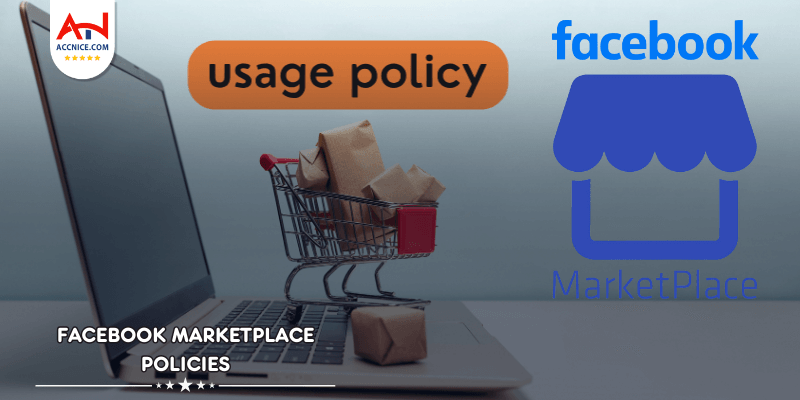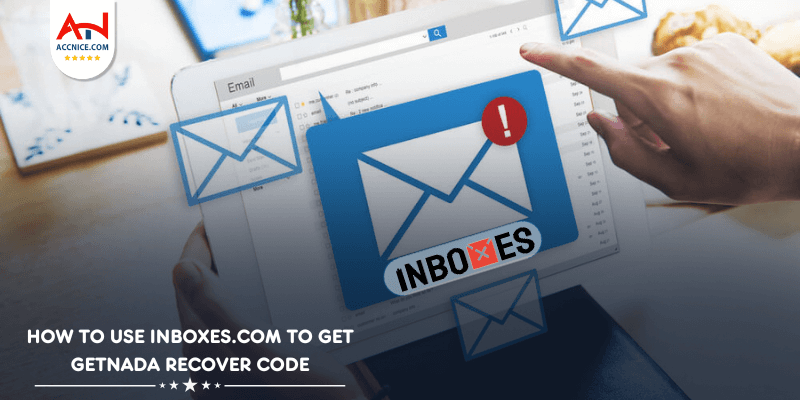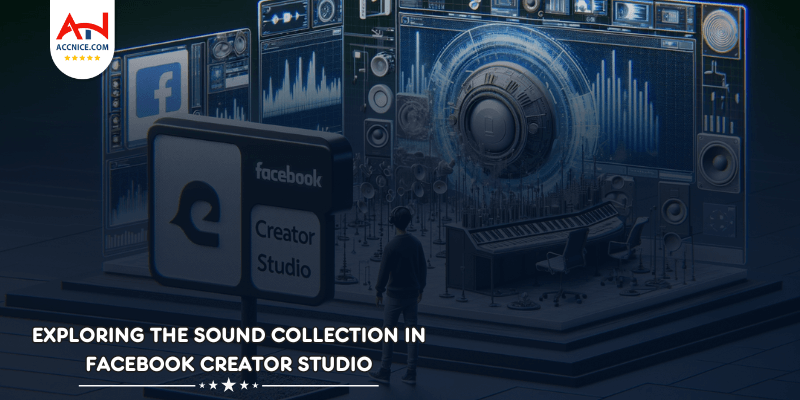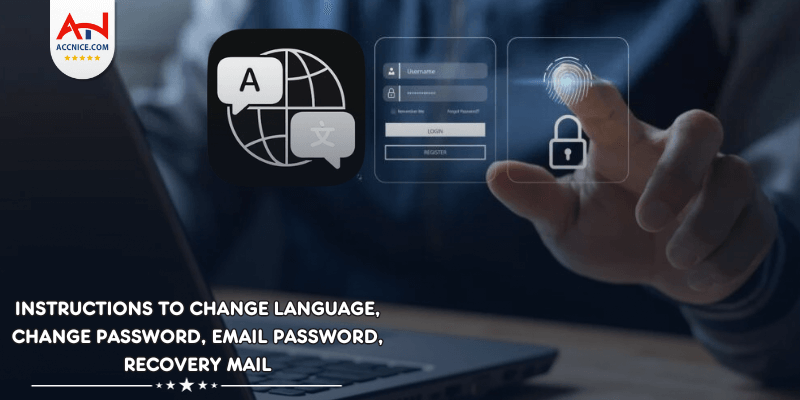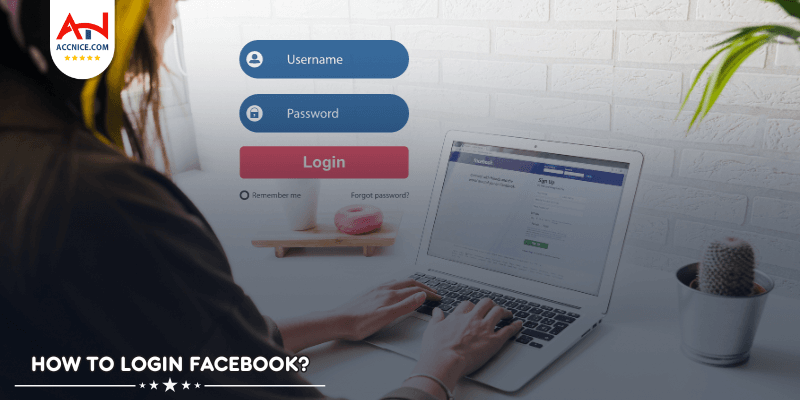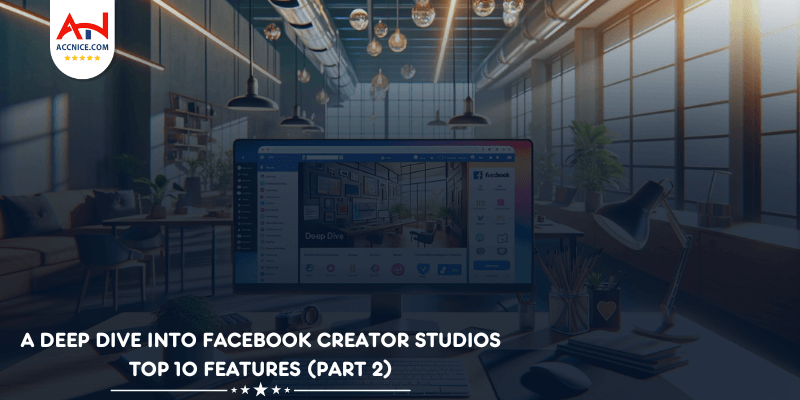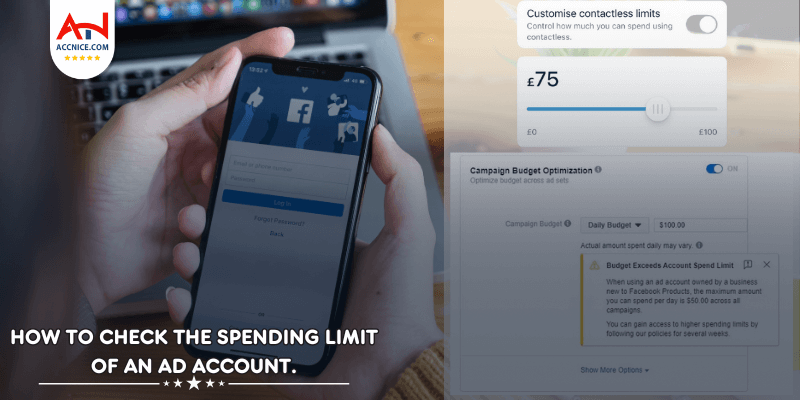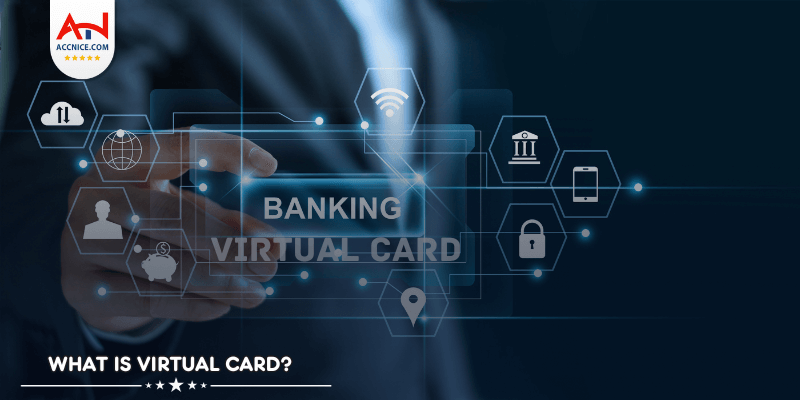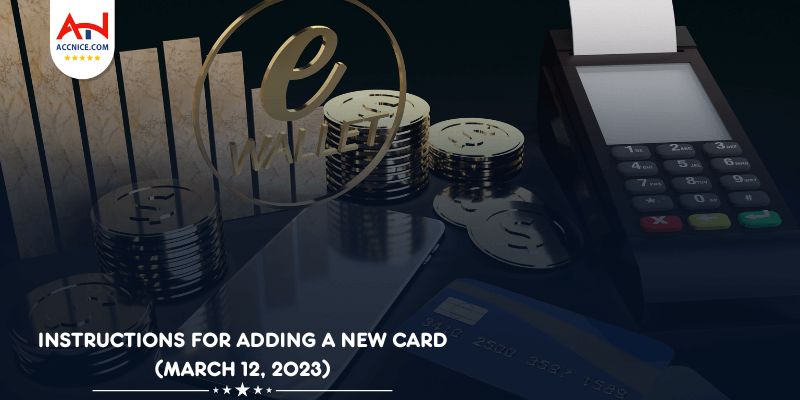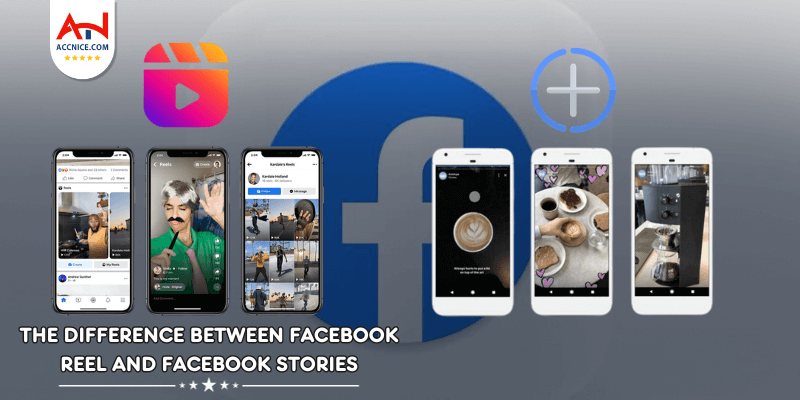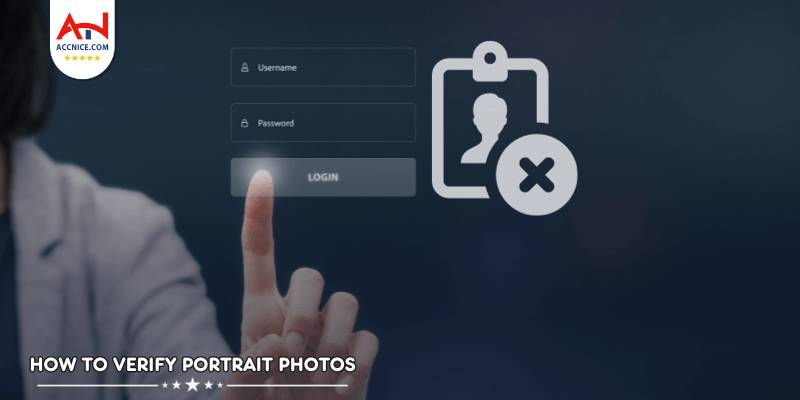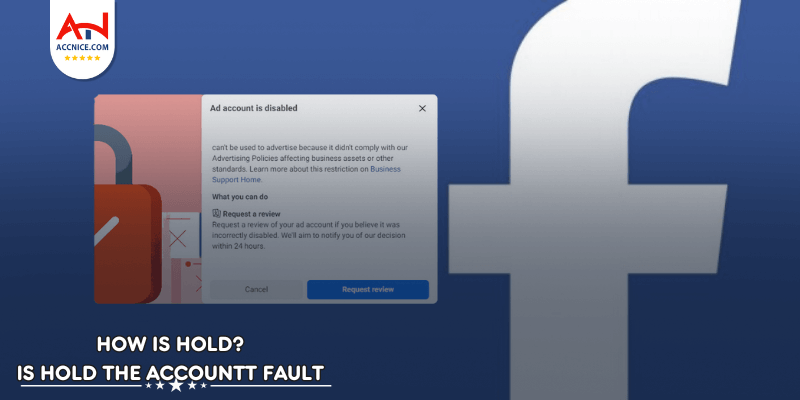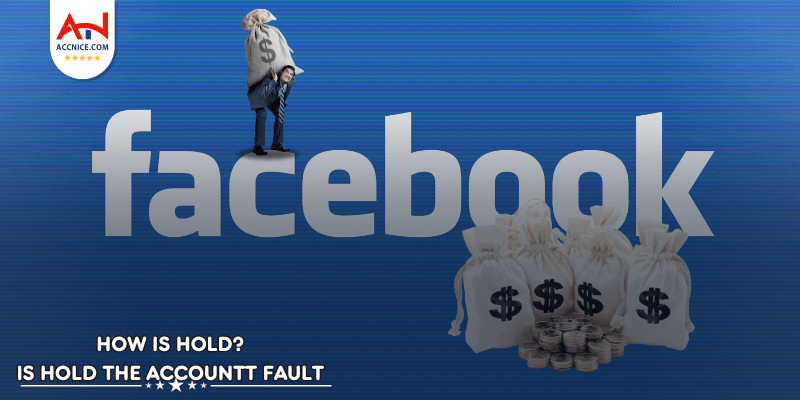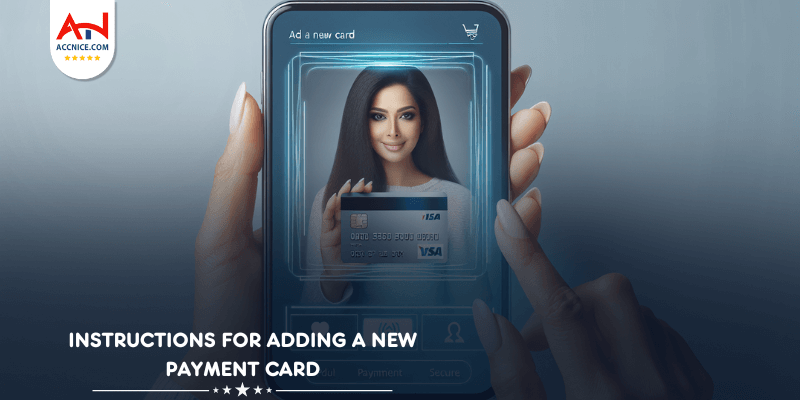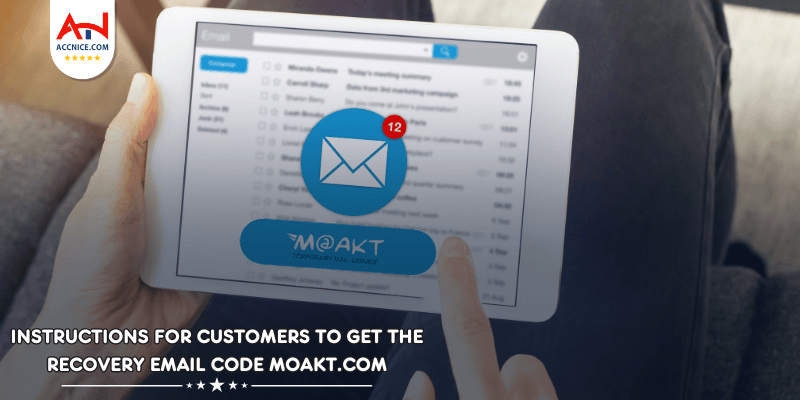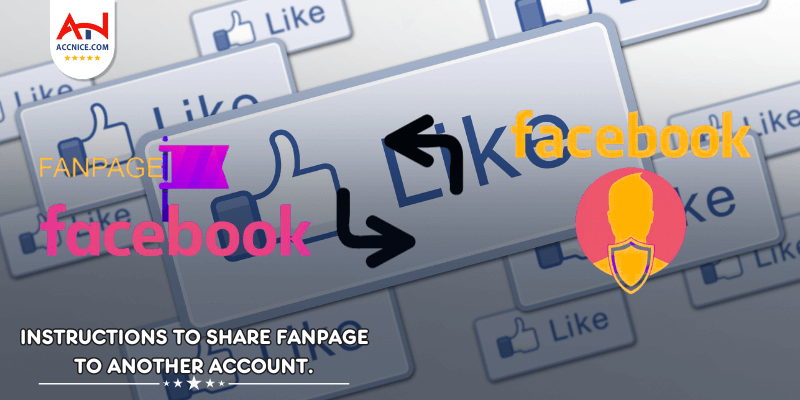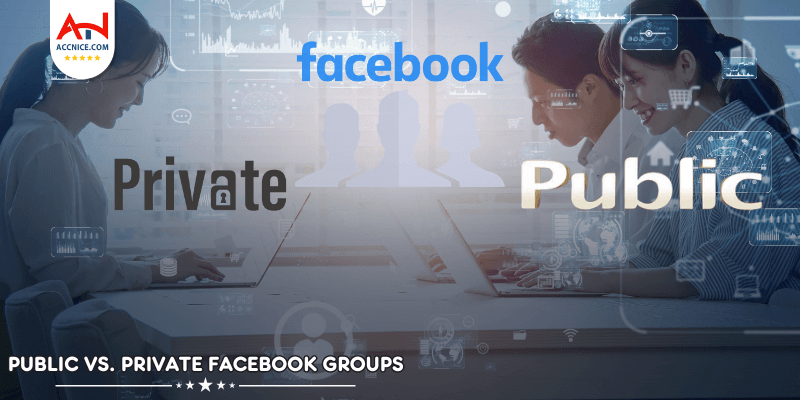
In the vibrant world of Facebook, Groups stand as a central hub for interaction and community building. For group creators and administrators, choosing between a public or private group is a pivotal decision that significantly impacts the nature of community interactions and member behavior. This in-depth, SEO-optimized guide will explore the nuanced differences between public and private Facebook Groups, helping you align your group's privacy settings with your specific community goals and engagement strategies.
.jpg)
The World Can Watch:
Public Facebook Groups are the digital equivalent of an open-door policy. Here, transparency reigns, with every post, comment, and member visible to the world. This openness can lead to a diverse and dynamic group atmosphere.
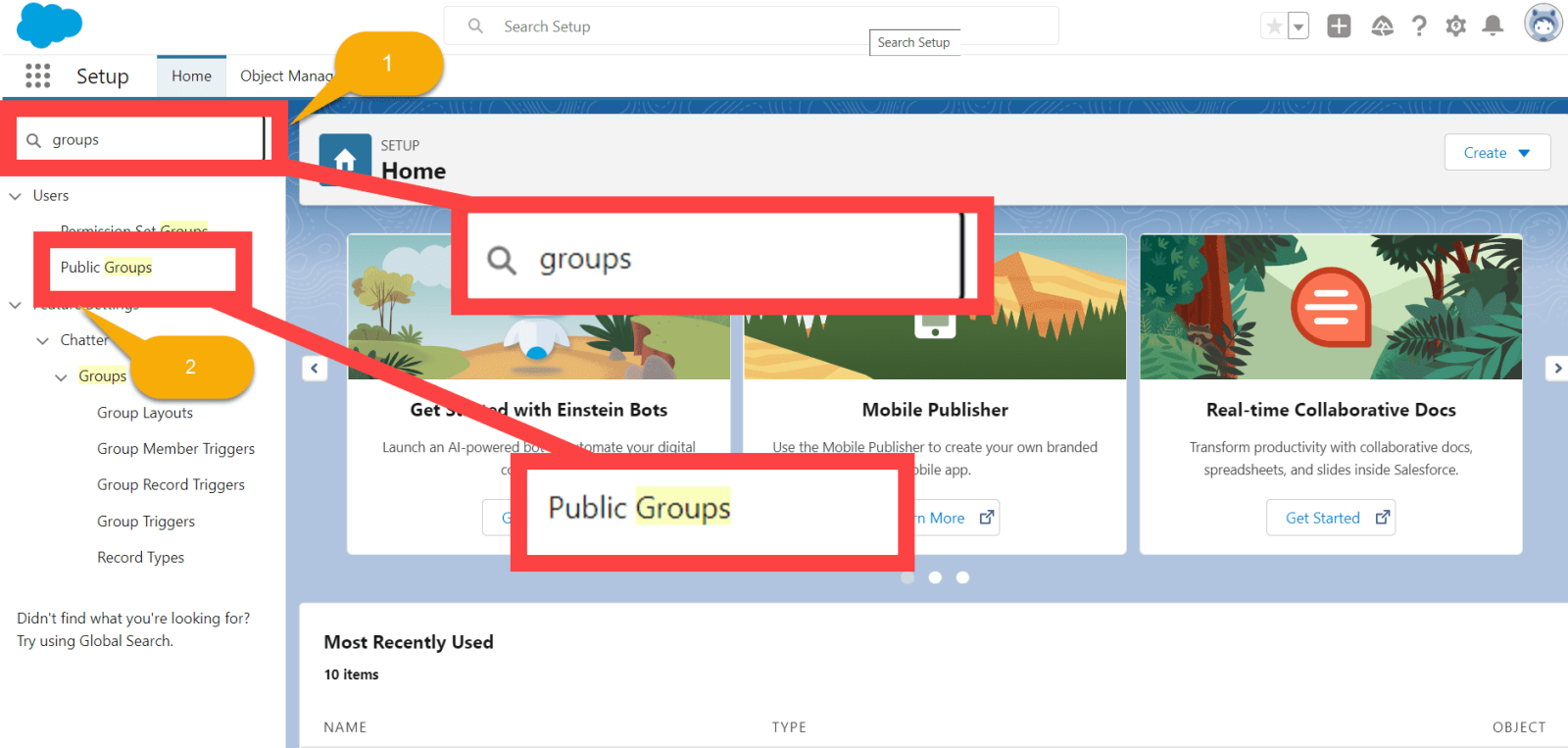
The Double-Edged Sword of Accessibility:
While public groups excel in visibility, attracting a wide array of members and potentially increasing the group's reach, they also open the floodgates to spammers and trolls, necessitating vigilant moderation.
Cultivating Exclusive Spaces:
Private Facebook Groups serve as a sanctuary for focused discussions, where members can engage in a sheltered, intimate setting. This exclusivity often leads to higher-quality interactions and a tight-knit community feeling.
The Moderation Dynamic:
Although private groups may have less exposure to the broader Facebook audience, the controlled entry can lead to a more manageable and cohesive group environment, where discussions remain relevant and true to the group's purpose.
.jpg)
In public groups, the sheer volume of members can lead to a wide variety of content and a high engagement rate. However, the quality of interactions may vary. In contrast, private groups often feature more profound and meaningful discussions, with members feeling more secure in sharing personal insights.
Content from public groups can spread far and wide, extending the group's influence beyond its own members. Private groups, however, keep conversations contained, allowing for sensitive topics to be discussed without outside scrutiny.
If your aim is to build a large community around general interests or to champion a cause that benefits from public visibility, a public group is the way to go. It's an excellent choice for networking, brand exposure, and cultivating a broad base of supporters.
For those seeking to create a space for specialized interests, peer support, or confidential discussion, private groups offer the necessary environment. They are ideal for fostering meaningful connections and offering a safe space for sensitive dialogue.
Regardless of the group type, administrators play a crucial role in shaping the group's culture. From enforcing rules to setting the tone of conversations, admins are the linchpins that hold the group's integrity together.
Facebook equips admins with a suite of tools tailored for both public and private groups, from membership approval settings to content moderation features. Leveraging these tools effectively can help maintain order and uphold the group's values.
Conclusion:
The choice between a public or private Facebook Group hinges on your desired level of openness, the nature of the content shared, and your engagement objectives. Public groups are akin to town squares—bustling and lively—while private groups resemble private gatherings, offering depth and discretion. Assessing the unique attributes of each can guide you in cultivating the ideal environment
